
Archive Only! U4E was a series of worskhops in 2017 and 2018.
Free, online workshops empowering teachers to encourage creativity in their students through making.
-

Connect with a passionate group of educators from around the country
-

Share and learn how to infuse the creativity, design-thinking, and community found in maker education into your teaching practice
-

Receive professional development credit
-

Contribute to MIT Media Lab research on online learning communities
The Workshops
-
Thursday, October 12, 2017 4-5:30pm EDT
What is Maker Education?
-
Thursday, November 16, 2017 4-5:30pm EST
Culturally Relevant Pedagogy in Maker Education
-
Thursday, January 11, 2018 4-5:30pm EST
Facilitating Maker Classrooms
-
Thursday, February 8, 2018 4-5:30pm EST
How to Assess Creative Learning Projects
-
Thursday, March 8, 2018 4-5:30pm EST
The Future of Making and Learning
Upon completion of all five workshops and a written reflection, you’ll be awarded 10 Professional Development Points or 1 Continuing Education Credit, issued by MIT.
All workshops will be held online, so you can participate from the comfort of your own home or classroom.
Sign-upFormat
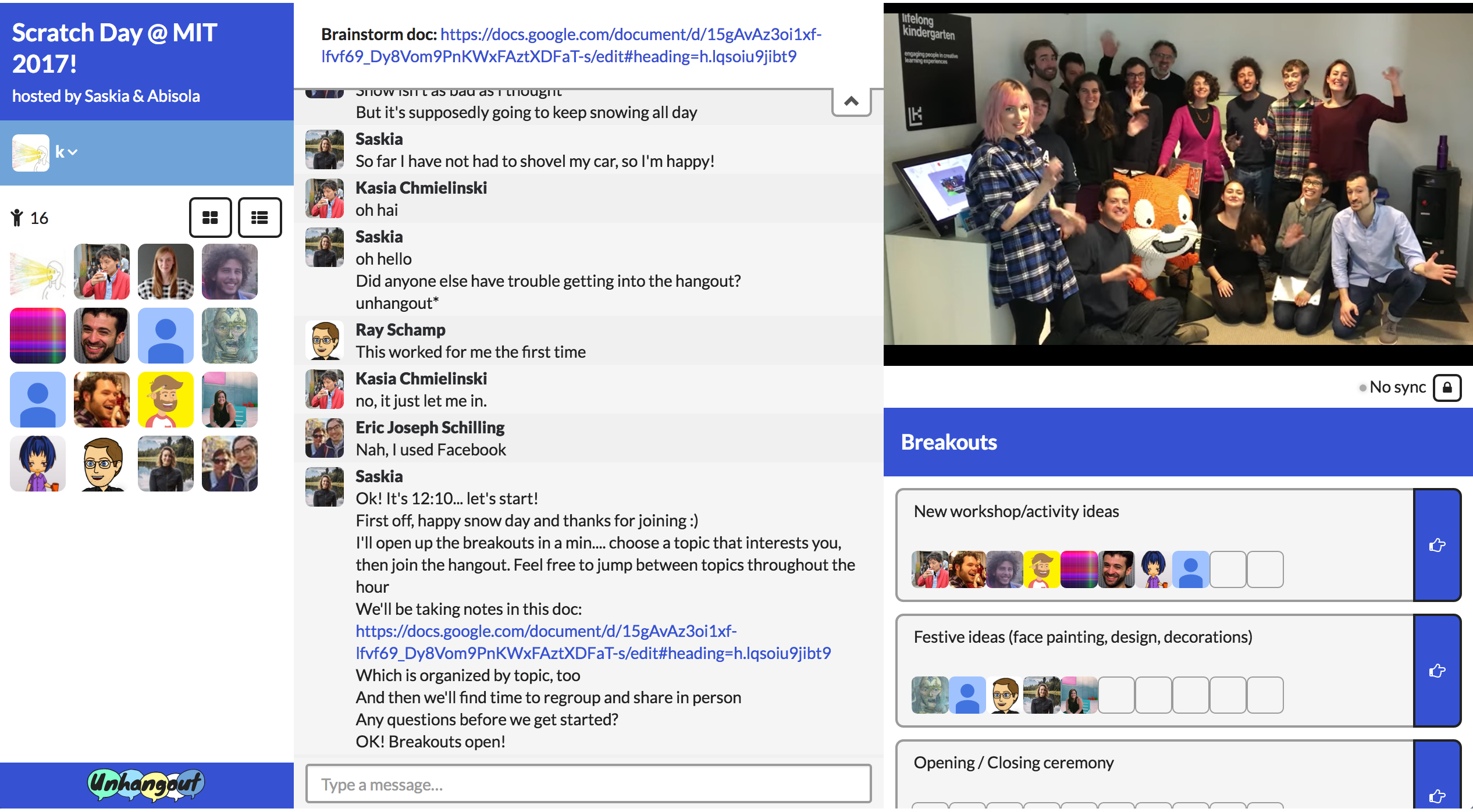
Unhangout for Educators is a series of five, 90-minute workshops held entirely online using a virtual workshop tool we’ve developed, called Unhangout. These workshops are participant-driven, meaning that YOU and your fellow teacher participants will shape the event together. We’re doing this because we think that a lot of valuable learning happens with and from our peers and colleagues!
A week before the workshop, you’ll receive an email with more details about the upcoming workshop, including a link to the Unhangout event. Start mulling over some questions or thoughts you have about the session theme. (For instance, have no idea what maker education even means? Great! There’s a potential conversation right there for the first session.)
During the workshop itself, participants will get a chance to propose and join breakout sessions to discuss specific aspects of the session theme. You may get to work on a rubric for creative projects, talk about the challenges of innovating your teaching, or role play classroom management scenarios in these sessions, but the possibilities are endless! (Don’t worry, we’ll provide lots of guidance on the logistics of this during each session’s kick-off.)
FAQ
That’s the age-old question, isn’t it? We’ll dive more into this in our first workshop, but it’s essentially a term that describes educational practices that involve making and interest-driven creative projects. It initially gained attention in education due to its potential to inspire interest in STEM (science, technology, engineering and mathematics) and related professions, but more recently its positive impact on identity and community building of young people has started to be widely recognized. Although the Maker Movement, which is a movement of democratized manufacturing, contributed to the increased exposure of the term “maker,” practitioners, policy makers, and researchers are seeing different definitions and implications with the term.
Through our workshops, we hope that we all deepen our thoughts and understanding of the term and the field of Maker Education.
An unconference is a conference style that aims to break down power dynamics between “experts” and the “audience” by letting participants dictate the sessions. This approach has been used in face-to-face teacher professional development programs like EdCamp and TeachMeet, and they’ve been shown to be motivational and empowering, allowing teachers to engage in deep collaborative inquiry and making learning relevant to their passion and needs.
An unconference happens like this:
- Kick-off introduction from the host (we’ll play a video kicking off the workshop and introducing you to the platform and unconference format, some things to think about/discuss, and the workshop logistics)
- Participants have a certain amount of time to propose sessions that focus on a certain aspect of the event’s theme (for example, you may want to propose a session on “making in humanities classes”). You don’t have to propose a session if you don’t want.
- Participants vote on which proposals should be sessions
- The sessions that get enough votes become breakout rooms that participants can then join (for example, maybe you want to join that session on “making in humanities classes”)
- Participants run discussions in their breakout rooms for a set amount of time. The person who proposed the session facilitates, whether it’s an open conversation, a play test, a debate, role-play, creating a document together, etc.
- Breakout rooms end and everyone reports back to the rest of the group
We’re running a study to see how participant-driven synchronous online workshops can foster a sense of community and ownership in learning among teachers. The study also examines how different formats of online breakout sessions can affect participant interactions and their learning experiences.
The data we collect will include: surveys, interviews, observation of your interactions with other participants during the workshop (like chats, how long you stay in breakout rooms, etc.). We will also record the workshop video chats, but only if you consent to being recorded. All data will be anonymized when we publish our findings in conference papers, journal articles, websites, etc. Participation in the study is voluntary and will help us better understand about how technology can be used to foster communities of learning!
We’re offering 10 Professional Development Points/1 Continuing Education point as issued and recognized by the State of Massachusetts. If you’re from another state or outside the U.S., we’ll issue you a letter outlining the work you’ve done in the workshops and the corresponding credit that MA would grant you. You can then pass that letter along to your place of employment or credentialing body to see if your state/district can honor the credits.
It is very important that you take part in the live workshops and interact with other participants in real time, but we understand unexpected things do happen, and that you may have to miss a workshop.
If you miss a workshop, you can make up for it in either of the following two ways:
- Host an Unhangout session yourself and share your experience with us by responding to our survey.
- Write a blog post about your Unhangout experience: describe your interaction with others, what you took out of it, and advice to others on how to make the best out of it. Don't forget to share the link with us!
Please note that we only accept one makeup per person. Please plan ahead to make sure that you can participate in at least four of the five synchronous sessions if you are interested in receiving PD credits.
If you are interested in this, send us an email at unhangout-for-educators@media.mit.edu to receive more details.
About Us & Our Research
We’re a group of researchers from the MIT Media Lab’s Learning Initiative, and we believe in leveraging technology to facilitate communities of open learning:
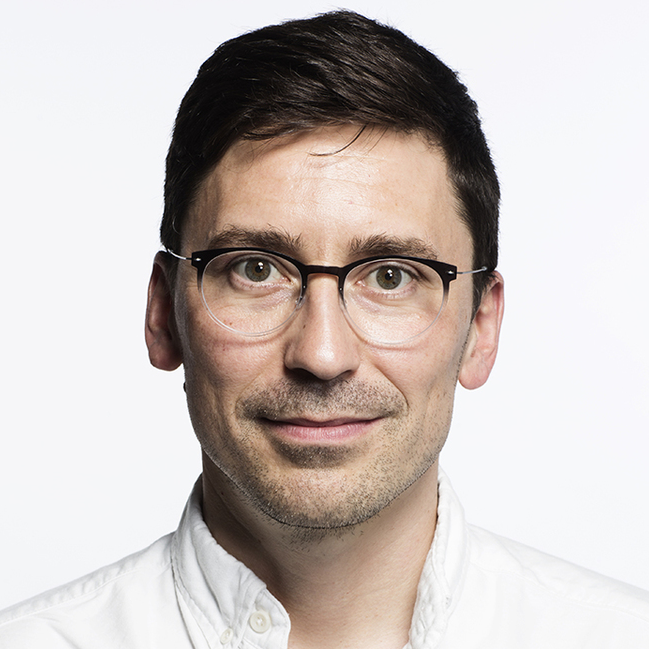
Philipp Schmidt, PI
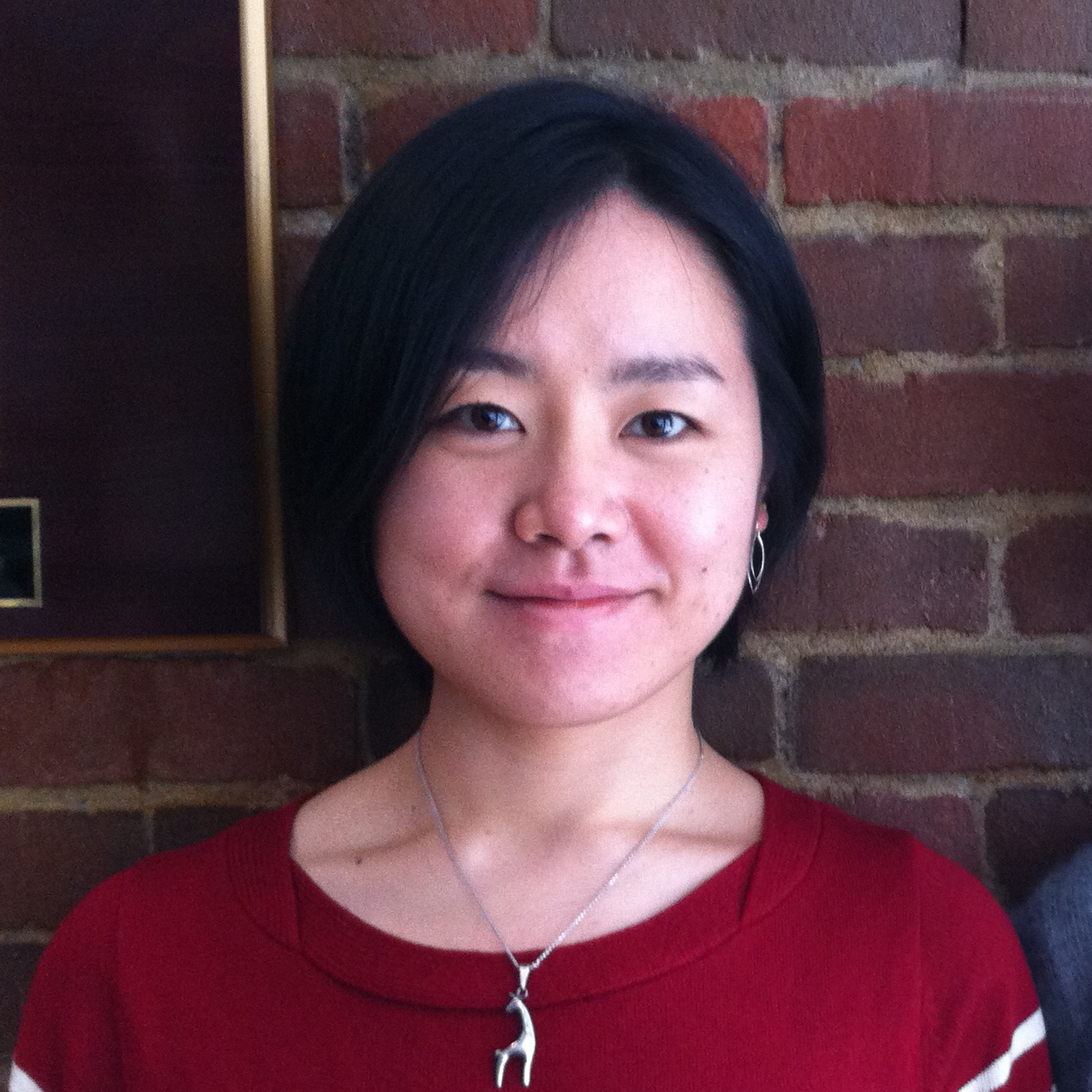
Yumiko Murai, Research Lead
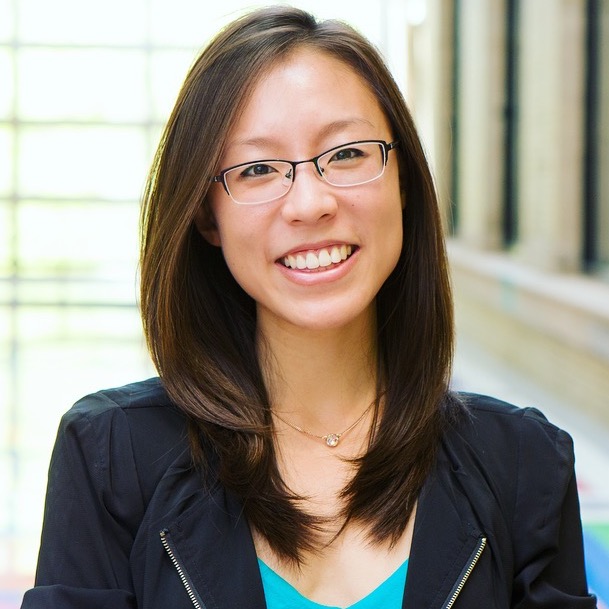
Elizabeth Choe, Workshop Design Lead
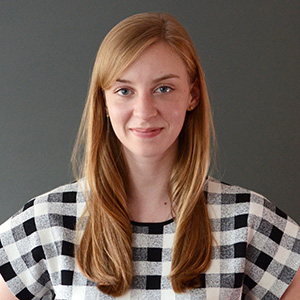
Katherine McConachie, Tech Lead
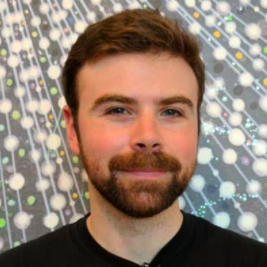
Neil Patch, Intern Extraordinaire
The emergence of teacher professional learning communities shows that educators are searching for ways to learn from one another, explore new ideas, and experience camaraderie with other teachers. But it’s hard for teachers to connect with each other! Online tools present an opportunity to address this issue, but we’ve only just begun to study best practices in using them to build confidence and community among learners.
Our team developed the Unhangout platform and these workshops as a way to connect teachers AND study how tech can facilitate learning. Your participation in these workshops will help us put together guiding principles for professional development opportunities that can help empower teachers to feel confident and connected to their colleagues around the country.
This work is supported by a Teaching and Learning Innovation Grant
by Woodrow Wilson National Fellowship Foundation.